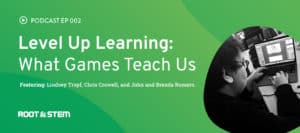
Level Up Learning: What Games Teach Us
 March 16, 2021
March 16, 2021
Moving beyond essays and presentations, developers and designers are encouraging educators to consider adding games to their teaching toolbox.


Moving beyond essays and presentations, developers and designers are encouraging educators to consider adding games to their teaching toolbox.
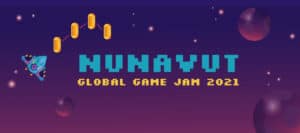
While a recent game jam hosted by Pinnguaq’s Iqaluit Makerspace led to the development of two games, the biggest victory might have been boosting the participants’ confidence in their digital skills.
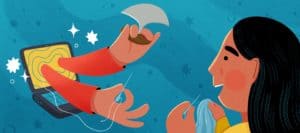
Through a partnership with a collective of Inuit women from Ottawa, Pinnguaq has been honoured to build digital skills with the community as they develop their website, move towards online programming and plan their future as an Inuit arts organization.
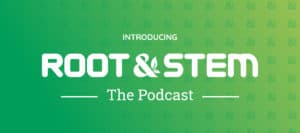
Making it easy for people everywhere to absorb the exciting news from the world of science, technology, engineering, arts and math (STEAM), Pinnguaq has launched the Root & STEM podcast, an audio experience building on the success of their magazine of the same name.

How can we make our stories more meaningful? How can we use multimedia to share our experiences? How can we connect with others in an impactful manner? A new, no-cost storytelling workshop may be just what you need to enhance your storytelling and strengthen those connections.

Helping to bridge the digital divide in the territory, the Computers for Success Nunavut program provides technology and, by extension, opportunities for northern communities, an exciting prospect for Pinnguaq and for program participants.
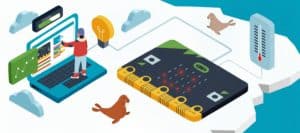
Connecting the land, technology and Inuit principles, learners in the North are using new kits provided through Pinnguaq to explore science, technology, engineering, art and math (STEAM) in the world around them.
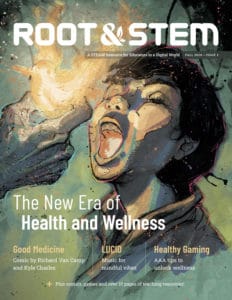
Pinnguaq Association has published Root & STEM, Issue 2, the second issue in a new publishing initiative promoting equity and accessibility in science, technology, engineering, and math (STEAM) education and innovation. This new STEAM resource and complimentary lesson plans, prioritizing diverse voices, are available for K-12 educators across the country.
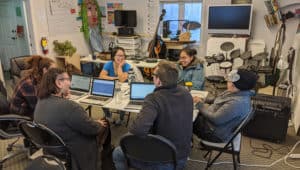
A new initiative being launched by Pinnguaq and Nordicity focuses on celebrating, supporting and promoting Inuit artists and artist organizations while working with the community directly to find sustainable solutions for challenges in the Inuit arts ecosystem.
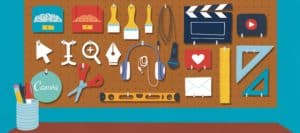
Connections are born and communities thrive when people with a shared interest join together to expand their knowledge. That’s exactly what has happened through a partnership between Pinnguaq and a college in Alberta.

The Pinnguaq Association and Nordicity are seeking to work with Nunavut-based Inuit artists to co-design digital platforms to promote Inuit Art.

“Inuit say that the purpose in life is to live a good life,” writes author and former Nunavut educator Shirley Tagalik, who was kind enough to lend her expertise to the first issue of Root & STEM, Pinnguaq’s resource for educators.
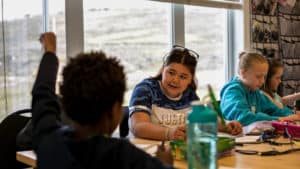
For the Government of Canada’s 2019 Smart Cities Challenge, Pinnguaq partnered with a group of Nunavut-based organizations to submit a proposal on behalf of the 25 municipalities in Nunavut.
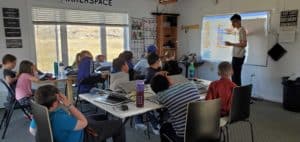
Mac Pavia began working with Pinnguaq as a student intern at the Makerspace in Iqaluit, Nunavut, running after-school programmes for youth and coordinating summer camps.

Aaron Labbe was in his second year of studies at SUNY Fredonia’s School of Music when he suffered a mental breakdown so bad it caused a heart arrhythmia. He was rushed to hospital, where he spent three days in intensive care and nearly a week in the cardiac unit.
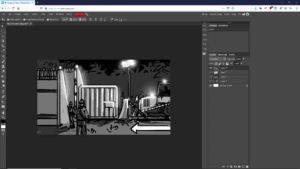
In 2017, Kids Help Phone (KHP), a free resource that provides mental health support and counselling via telephone or the Internet, noticed that Indigenous youth were using the service in relatively small numbers.

As the saying goes, the best camera is the one that’s with you. When you have your camera ready at all times, you
are able to capture that perfect photo moment more often.
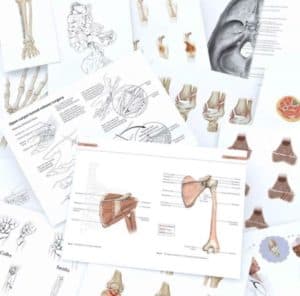
The scientific method comes with a certain vocabulary. For example, it prioritizes objectivity, research, impartiality and rationality.

While fast, reliable access to prosthetic devices can be difficult to obtain in communities outside urban centres, the process becomes much easier when you have a 3D printer close at hand.
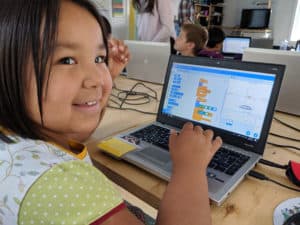
Many of us would like to be more knowledgeable about the programs and algorithms that power our lives. But where to start?

The phone calls started about six years ago. Worried parents or caregivers would reach out to Ember Schincariol and Karlee Gutmann, mental health professionals in Thunder Bay, Ontario.
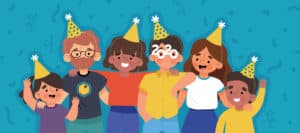
As we think back over the past year, we are awestruck by the many ways digital technology is increasingly shaping our lives. As a result of the pandemic, engaging with the digital world became critical in how we work, connect with our family and friends, and learn.

Ready, set, create. A new course being offered by Pinnguaq is teaching participants how to design their own games, from scratch.

As a staunch supporter of SmartICE, an internationally recognized social enterprise empowering Indigenous communities to adapt to unpredictable ice conditions, Pinnguaq is celebrating recent investments in social innovation.